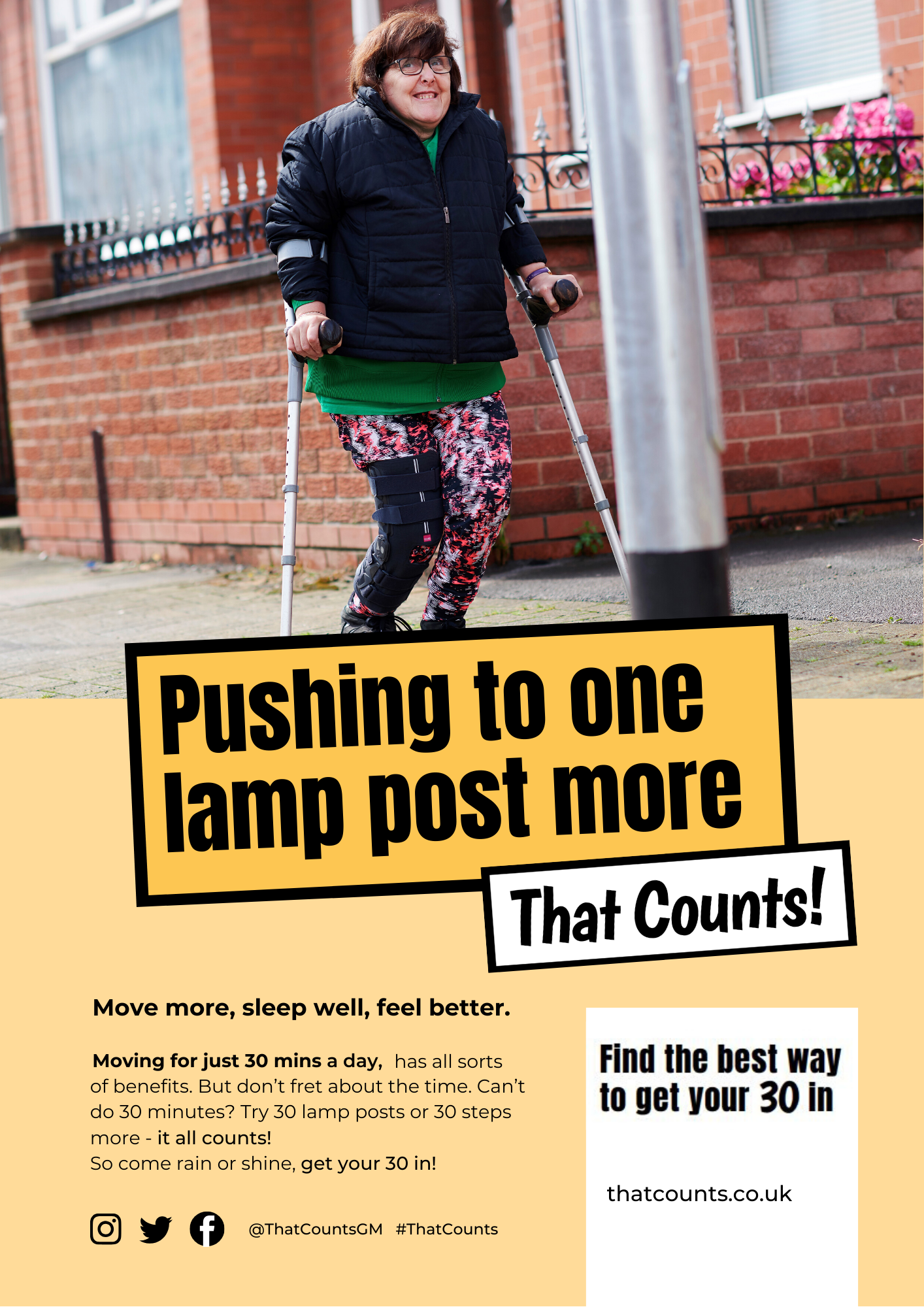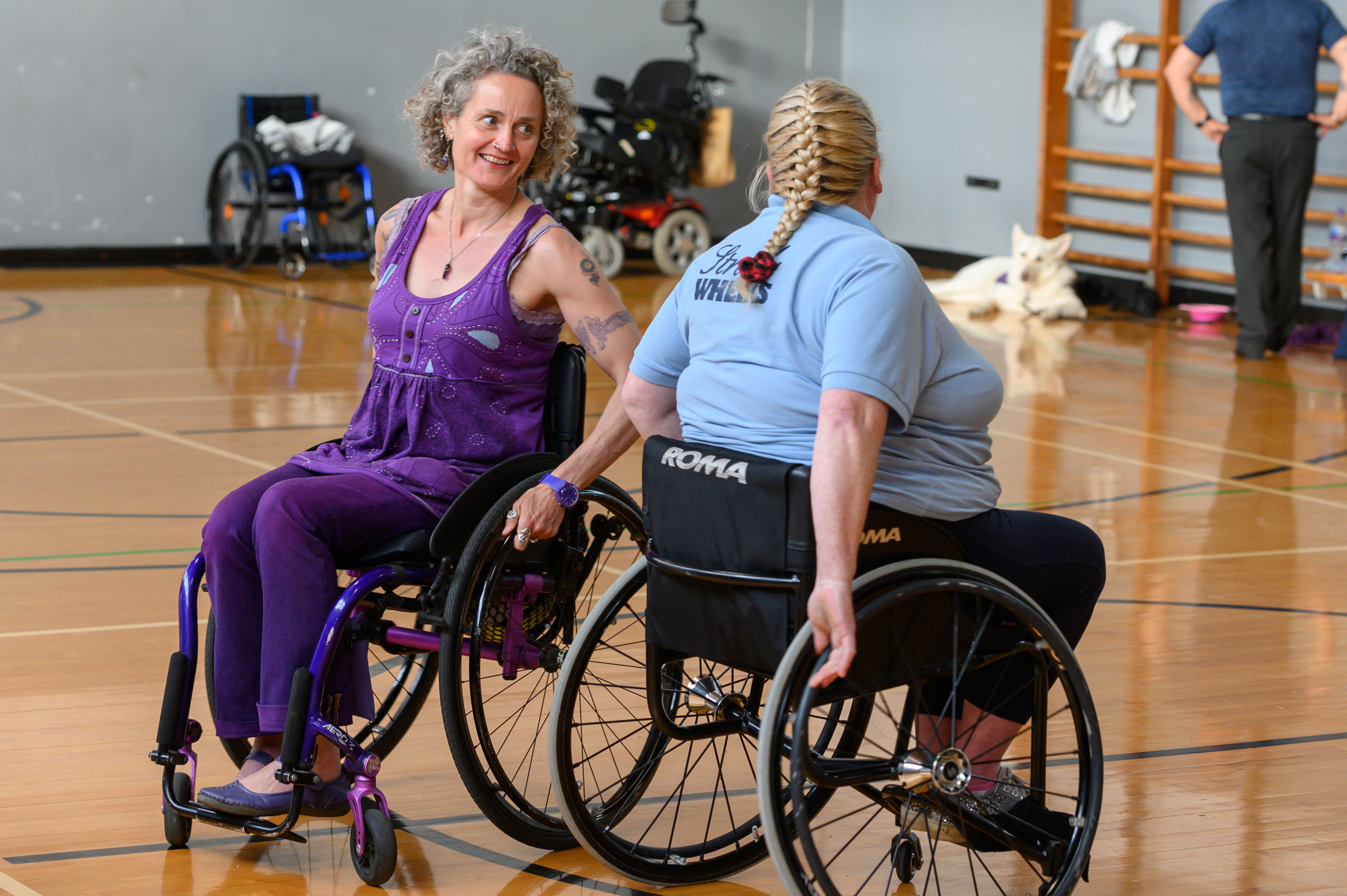Activity Alliance’s Annual Disability and Activity Survey
Activity Alliance’s Annual Disability and Activity Survey, supported by Sport England, has been released this week giving an in-depth comparison of disabled and non-disabled adults’ experiences of sport and activity. Complementing Sport England’s Adult Active Lives Survey, the report provides greater detail on the perceptions, experiences and issues important to adults with disabilities.
Activity Alliance’s Annual Disability and Activity Survey, supported by Sport England, has been released this week giving an in-depth comparison of disabled and non-disabled adults’ experiences of sport and activity.
Complementing Sport England’s Adult Active Lives Survey, the report provides greater detail on the perceptions, experiences and issues important to adults with disabilities. Some findings from the report show that;
- Disabled people are still twice as likely to be inactive as non-disabled people.
- Four in five (81%) disabled adults want to do more activity than they currently do compared with fewer than three in five (57%) non-disabled people.
- Just four in 10 (40%) disabled people feel they are given the opportunity to be as active as they would like to be compared with seven in 10 (71%) non-disabled people.
- Two in three (67%) disabled people said they would listen to GPs, doctors and nurses about taking part in activity.
The report also makes three key recommendations;
- To address the wider determinants of inactivity
- Design and lead a choice of accessible activities
- Challenge perceptions through inclusive and accessible communications
The activity levels of disabled people in Greater Manchester mirrors that of the national picture; with more people becoming active but remaining twice as likely to be inactive. From November 2015-16 to May 2018-19, inactivity has decreased by 2.7% for those with a disability or long term health condition to 43.4%. However only 22.1% of people without a disability or long term health condition are inactive, highlighting the need for more to be done to enable disabled people to move more. Read more about Greater Manchester activity levels here.
In Greater Manchester we are dedicated to reducing the activity gap and as part of the Local Pilot work, eight of the ten boroughs are focusing on getting people with long term health conditions more active. Working at a locality level, partners are working with individual GP practices and social prescribing link workers to signpost people to suitable, local activities. The aim being to not only increase their physical activity levels, but also to help with wider health outcomes such as reducing social isolation and improving mental health.
Work is also underway to promote Active Practices, a charter set up by the Royal College of GPs and Sport England, providing guidance for GP practices on how to increase activity amongst both patients and staff. Boroughs are also utilising Public Health England’s Clinical Champions workshops where peer to peer training is used to upskill health practitioners on the benefits of physical activity.
September 2019 also saw the launch of That Counts! – a public campaign that is inspiring us all to move more, in our own way with people with disabilities and long term health conditions being a key target audience. The campaign messaging focuses on encouraging people to find what movement works for them. Whilst 30 minutes of movement a day is recommended, the campaign is clear in acknowledging that this is not always possible, so instead to try 30 of what works for you, such as 30 stretches.
The campaign was co-produced with people who have long-term health conditions, with them feeding in to the aesthetic and messaging, to ensure it is fully inclusive. As a result, changes were made to the design to ensure sufficient colour contrasts and readability of text on the materials produced. The campaign was selective with the imagery chosen to ensure it represents the diverse population of Greater Manchester, including featuring images of those with disabilities and long term health conditions.
Alan, whose story is featured within the campaign, was born with a disability and struggled for most of his life to exercise regularly as a result. However, physical activity has been key to improving both his mental and physical health after being encouraged to attend a low-level fitness class by a healthcare professional.
Alan said: “The great thing about this low-level exercise is that it suits me and the instructor tailors it to my level of ability – he does that for all of us. He never over-exerts us, but without realising it we’re all doing a little more each week.
“It keeps me active, flexible and it makes me feel good. I’m not going to the gym working out, but I’m exercising enough to give me a buzz.
"It’s just an hour a week, but it all counts!”

Hayley Lever, Strategic Manager for Greater Manchester Moving said; A lot of great work is happening to enable disabled adults to move more, however it’s clear from this research that far more still needs to be done. With four in five disabled adults wanting to do more activity, the desire to move more is there. The responsibility is on the wider system to ensure that the infrastructure, systems, support, offer and workforce are in place to support them.
